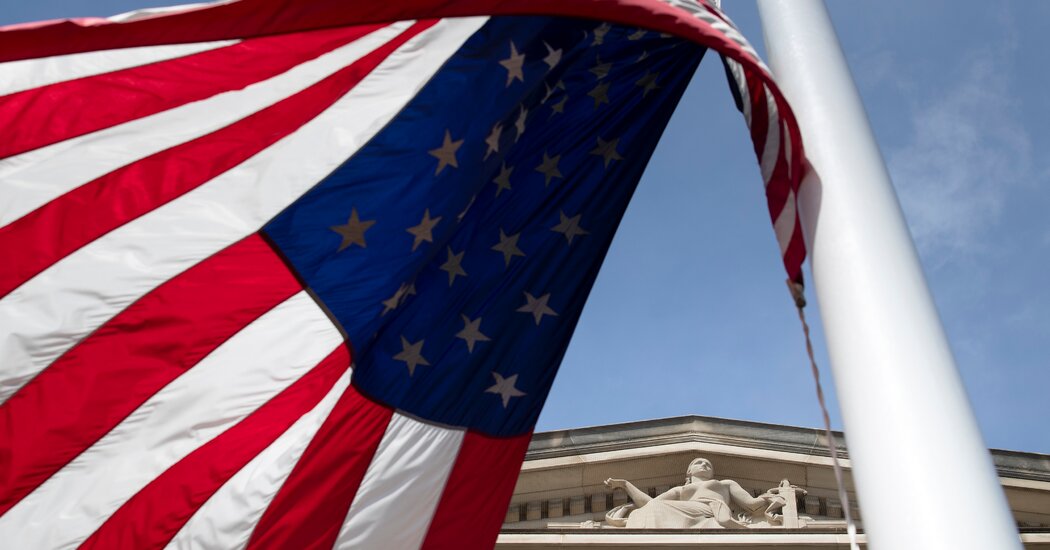The Justice Department’s tradition of independence and commitment to the rule of law is set to face a significant test as Donald J. Trump prepares to return to the White House.
Trump’s first term was marked by a series of investigations and a kind of bureaucratic Cold War with national security and intelligence officials. Many current and former law enforcement officials are concerned that he will not just pick up where he left off, but intensify past efforts to make the F.B.I. and the Justice Department instruments of his will.
During his first term, Trump demonstrated a willingness to breach the traditional boundaries between politics and law enforcement, initiating or supporting a wide range of government investigations into rivals and critics. He often appointed a U.S. attorney to investigate issues that had been seized on by conservatives, only for the investigations to quietly fizzle out with little notice.
Trump has vowed to fire prosecutors, investigate former Representative Liz Cheney, and hire a special counsel to investigate the Biden family. He has also suggested using the military justice system to pursue General Mark A. Milley, the former chairman of the Joint Chiefs of Staff. He has publicly threatened to prosecute executives at Google and Facebook.
The F.B.I. is not alone in facing Trump’s ire. The Justice Department’s inspector general has the power to review the work of the special counsel, Jack Smith, and his team. However, some experts fear that this could be exploited by Trump to further politicize the department.
The upcoming Senate hearings for Trump’s Justice Department nominees, including Pam Bondi, his chosen attorney general, will be closely watched to determine whether they will prioritize the department’s independence and integrity or use their positions to serve the president’s political interests.

